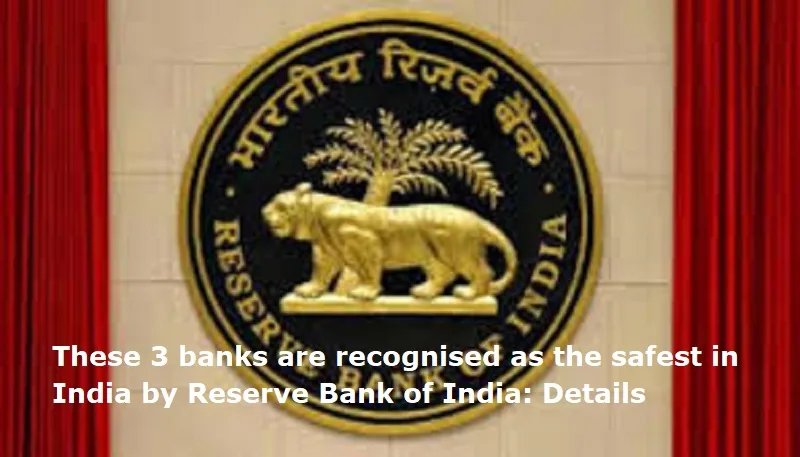
Mumbai: The apex bank in the country, the Reserve Bank of India (RBI) has declared State Bank of India (SBI), HDFC Bank, and ICICI Bank as the country’s most systemically important financial institutions. The RBI designated these banks as Domestic Systemically Important Banks (D-SIBs).
These banks were also recognised as D-SIBs in 2023.The designation of D-SIBs is based on the latest data up until March 31, 2024. As per RBI, these three banks are considered so essential that their failure would seriously disrupt the nation’s financial stability. To safeguard against this, the government and regulators prioritise their stability, implementing protections to ensure these major banks remain secure.
These banks are required to hold a higher level of capital, specifically an additional Common Equity Tier 1 (CET1) capital, which is essential for absorbing losses and managing risks effectively. The level of additional CET1 capital varies depending on the bank’s classification within the D-SIB framework.
Also Read: Emirate in UAE announces new Golden Visa programme: Details
The Reserve Bank of India (RBI) introduced the concept of Domestic Systemically Important Banks (D-SIBs) in 2014. This concept was introduced as part of a global initiative to enhance financial stability. The RBI began identifying these key banks in 2015, starting with State Bank of India. ICICI Bank was added in 2016, followed by HDFC Bank in 2017. The D-SIB classification aims to ensure that these banks hold enough capital to handle financial shocks, subjecting them to stricter regulatory standards for stability.
Details of CET1 capital requirements for each of the three D-SIBs:
– State Bank of India: Placed in Bucket 4, requiring an additional 0.80% CET1 capital.
– HDFC Bank: Remains in Bucket 2, with an additional 0.40% CET1 capital requirement.
– ICICI Bank: Positioned in Bucket 1, needing an additional 0.20% CET1 capital.

Post Your Comments